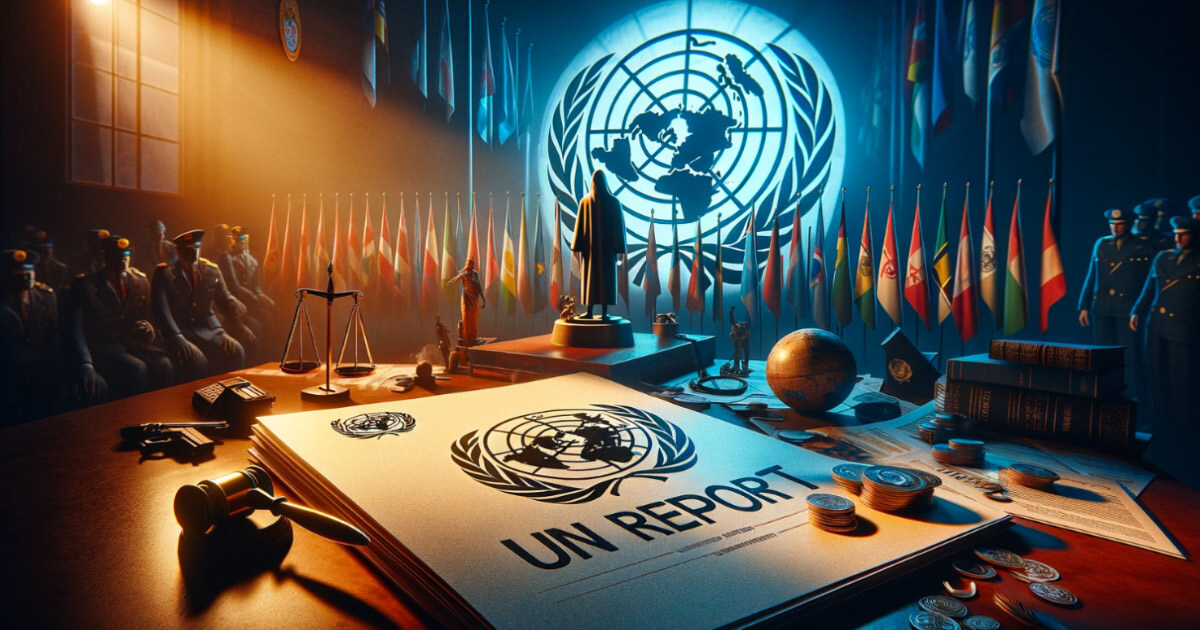
Tron founder Justin Solar stated on Jan. 19 that the United Nations’ current report in regards to the illicit use of USDT misrepresents a few of the “skilled information” about blockchain networks.
The UN report, which focuses on the rising use of USDT in fraudulent transactions, notably in Southeast Asia, has drawn consideration to blockchain expertise’s challenges in stopping its misuse by unhealthy actors.
The report additionally claimed that Tron is the “most well-liked” community for unlawful monetary exercise.
Tron refutes UN allegations
Solar stated Tron “wholeheartedly helps” the thought of stopping malicious actors from misusing blockchain expertise. Nonetheless, he added that blockchain expertise must be understood higher to realize that aim.
He referred the UN to Tron DAO’s official assertion for clarification. The assertion refutes the UN’s allegations in opposition to the community as misrepresenting the information. In response to Tron DAO:
“It’s inaccurate to allege that USDT transactions facilitated with Tron’s TRC-20 protocol are “a most well-liked alternative” for unhealthy actors.”
The DAO added that Tron is the most well-liked blockchain community for USDT, with over 50% of the worldwide market share. This implies the community is used disproportionately greater than others, together with Ethereum. In different phrases, it’s the popular community for everybody because of its velocity and low price.
Tron DAO stated that the community “actively engages with forensic companions” to assist determine malicious transactions, however stopping them immediately is past the capabilities of a decentralized community. It wrote:
“It’s essentially flawed to claim that Tron, Ethereum, or related decentralized protocols might train direct management over those that leverage this open-source expertise.”
Tron has beforehand come below hearth for related causes. Solar has continued to defend its dedication to creating a completely decentralized community, which implies that it can’t have direct management over people utilizing it.
Tether’s response
Key gamers within the blockchain trade have voiced their considerations and commitments to fostering a safer digital financial system. Tether, the issuer of USDT, has additionally challenged the UN’s claims.
In a current weblog publish, Tether defended its operations, stating that the monitoring of its stablecoins by regulatory authorities surpasses that of conventional banking techniques. The corporate argued that the general public nature of blockchain transactions makes USDT an impractical alternative for illicit actions.
Tether’s CEO Paolo Ardoino expressed the agency’s readiness to collaborate with the UN to fight illicit actions and, like Solar, burdened the necessity for schooling on blockchain applied sciences in any respect ranges.
The UN report has sparked a major debate inside the blockchain neighborhood, highlighting the fragile steadiness between fostering innovation and making certain safety within the digital financial system.
As the most important stablecoin by market capitalization, USDT’s position on this ecosystem is especially scrutinized, given its dominance and the amount of transactions it facilitates.
